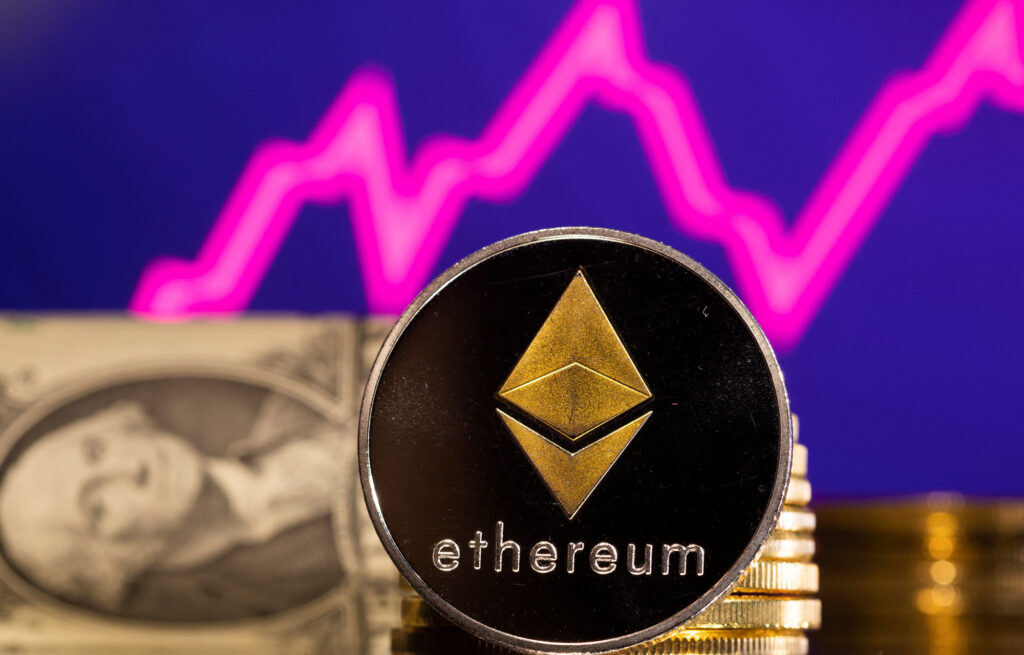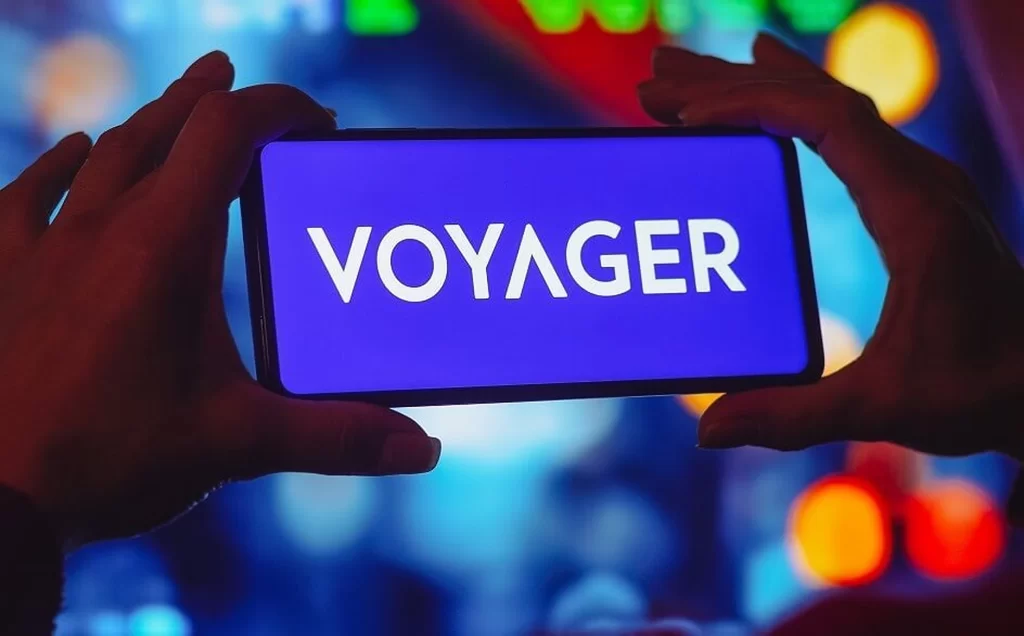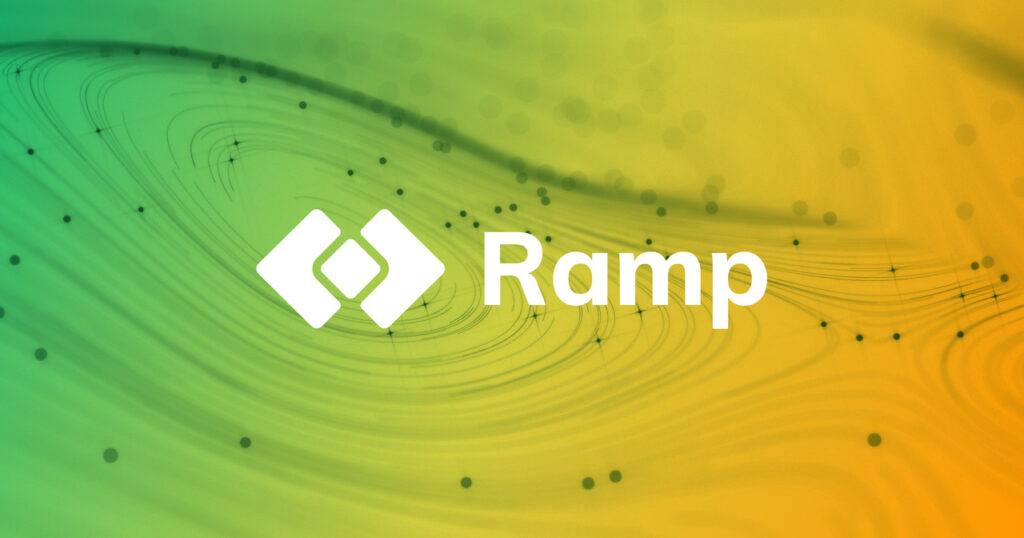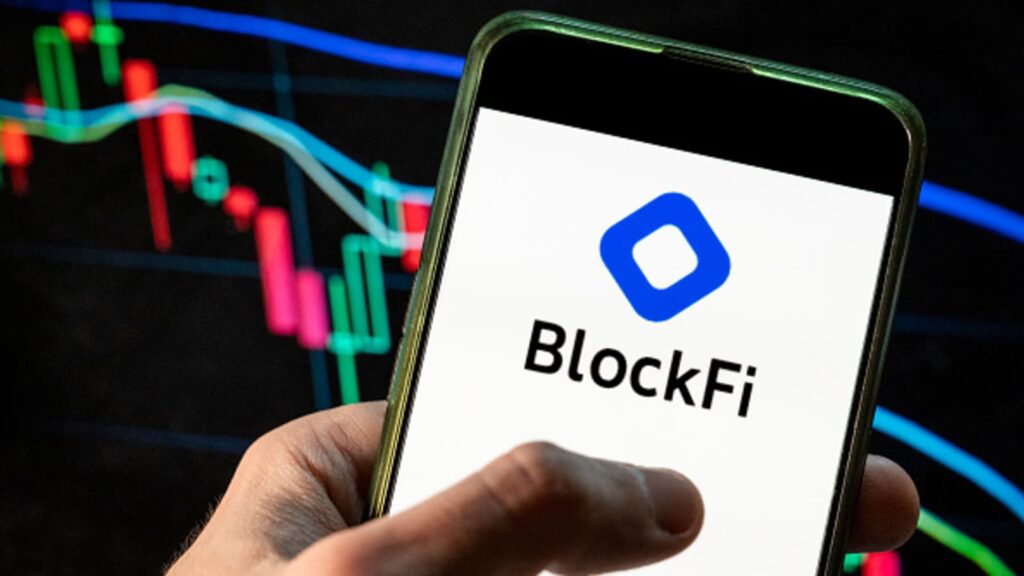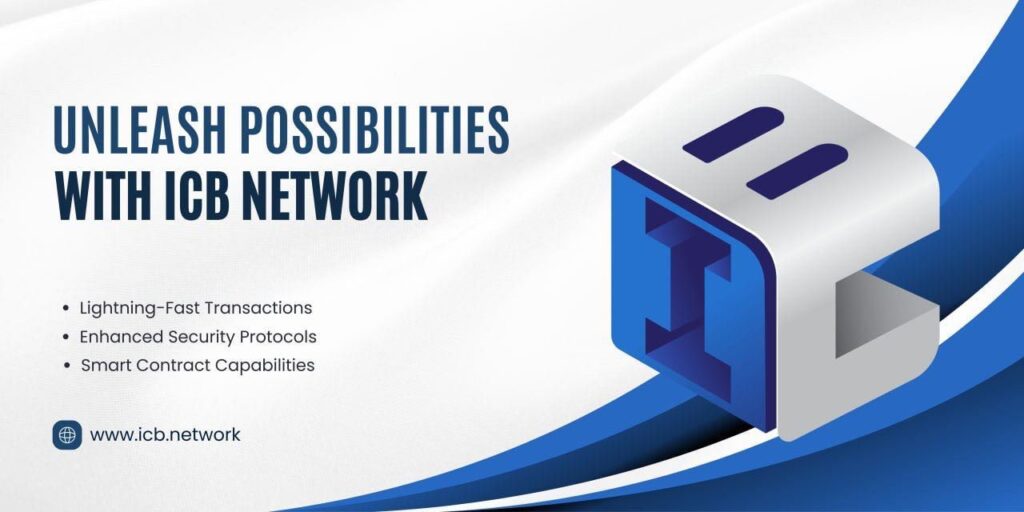ARK 21Shares has adjusted its spot Ether exchange-traded fund (ETF) application by adopting a cash-creation model, mirroring its approved spot Bitcoin ETF.
Additionally, it has proposed staking a portion of the ETF’s Ether to generate extra income.
In December 2023, ARK 21Shares and BlackRock were among the pioneers in converting their spot Bitcoin ETFs to a cash creation and redemption model after discussions with the U.S. securities regulator.
Initially, ARK 21Shares suggested an in-kind redemption model for its spot Ether ETF, which involved non-monetary payments like BTC.
Under the cash creation model, ARK 21Shares would buy Ether equivalent to the order and deposit it into the trust’s account, creating shares of the spot Ether ETF.
Bloomberg ETF analyst Eric Balchunas noted that these changes, outlined in the latest Form S-1 amendment filed on Feb. 7, align the ETF with approved spot Bitcoin ETFs.
However, the shift to a cash creation model may affect arbitrage transactions by authorized participants aimed at maintaining the share price close to Ether.
The latest S-1 filing also introduces a staking element to the spot Ether ETF. ARK 21Shares proposes staking a portion of the trust’s assets through trusted third-party staking providers, expecting to receive staking rewards as income.
READ MORE: Crypto Exchange CEO Sentenced to 7 Years for $7.5M Theft
Staking activities carry risks such as losing ETH through slashing, and staked ETH might be locked up for extended periods.
Finance lawyer Scott Johnsson mentioned that the staking-related paragraphs were in brackets, indicating openness to discussion with regulators.
Bloomberg ETF analyst James Seyffart expressed skepticism about the SEC allowing staking in spot Ether ETFs but noted uncertainties.
Seyffart adjusted the odds of spot Ether ETF approval in 2024 from 70% to 60% on Jan. 30.
The SEC must decide on several ETF applications, including VanEck’s by May 23 and ARK 21Shares by May 24.
Seyffart anticipates decisions on all applications by May 23, similar to the SEC’s approach with spot Bitcoin ETFs on Jan. 10.

